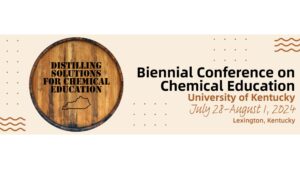Our higher education programs are centered around The Green Chemistry Commitment program, which supports college and university faculty and students in implementing and sharing best practices in green chemistry theory and practice through collaborative working groups, a webinar series, and green chemistry curriculum. Learn more about the program, how to implement green chemistry in your course, or visit our For Students page to learn how students are bringing green chemistry to their campuses.
join us!
to reach our 2025 goal
GCC 25×25: Preparing the Next Generation Workforce for Sustainable Action
"The goal of Green Chemistry is for the term to disappear and it simply becomes how we practice chemistry."
- John C. Warner, Co-Founder of Beyond Benign and the Warner Babcock Institute for Green Chemistry
upcoming events
27th IUPAC International Conference on Chemistry Education (ICCE2024)
July 15, 2024 - August 19, 2024Official Event Description ICCE is a global platform for educators, teachers, chemists, and scientis...
Find out more »Biennial Conference on Chemical Education
July 28, 2024 @ 8:00 am - August 1, 2024 @ 5:00 pmOfficial Event Description The conference will be held on the beautiful campus of University of Kent...
Find out more »(GCC SIGNERS ONLY) Greener Curriculum Showcase Series: Use of ChemFORWARD for Chemical Hazard Evaluation and Assessment in Academic Settings
August 8, 2024 @ 5:00 pm - 6:30 pmThis free, virtual workshop for Green Chemistry Commitment (GCC) signers aims to help educators effe...
Find out more »what's new
frequently asked questions

Why green chemistry in higher education?
x
There are many benefits to implementing green chemistry in higher education courses and labs – including, reducing waste, reducing costs, peaking student interest, and better preparing students with 21st century skills.

Is it more expensive?
x
No, costs associated with hazardous waste and purchasing costs often are reduced upon implementing greener chemistry experiments within higher education. See our Higher Education Case Studies (in the organic chem section of our higher ed curriculum) for quantitative evaluations of the costs associated with traditional versus greener laboratory experiments.

Is industry interested in green chemistry?
x
Students with green chemistry skills are valued by industry and the greener chemicals market is projected to be a $100 billion market by 2020 (Pike Research). Green chemistry provides an added value for industry – helping to reduce costs associated with the use and generation of hazardous substances, providing a platform for innovation in creating chemical solutions, and also can be found to achieve a quicker time-to-market for products.













